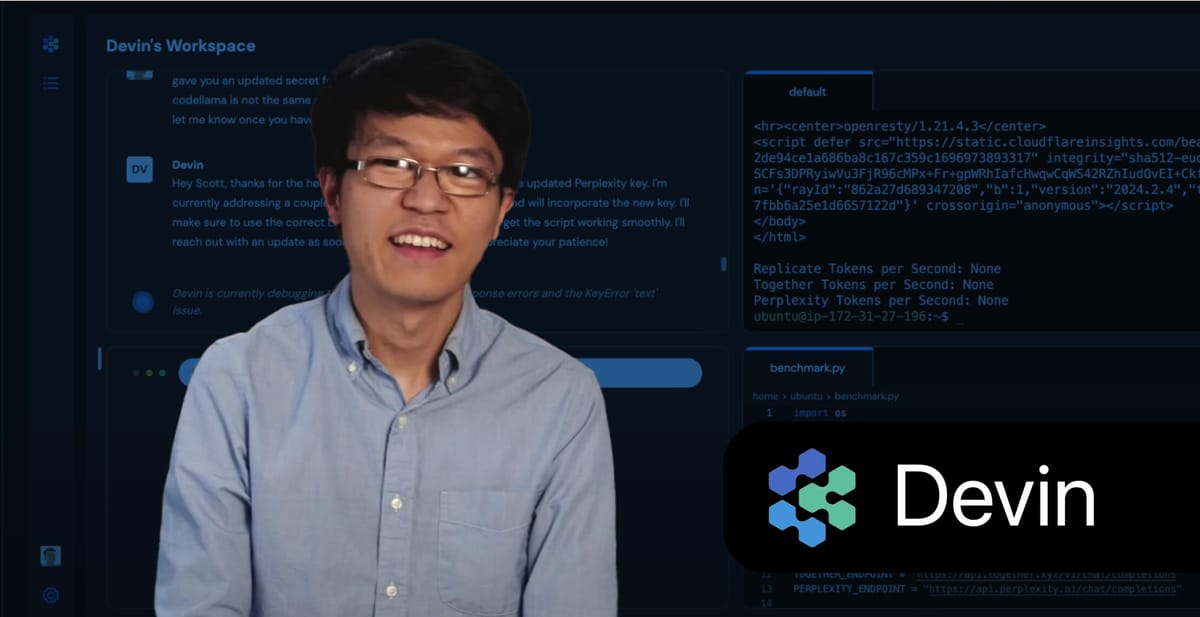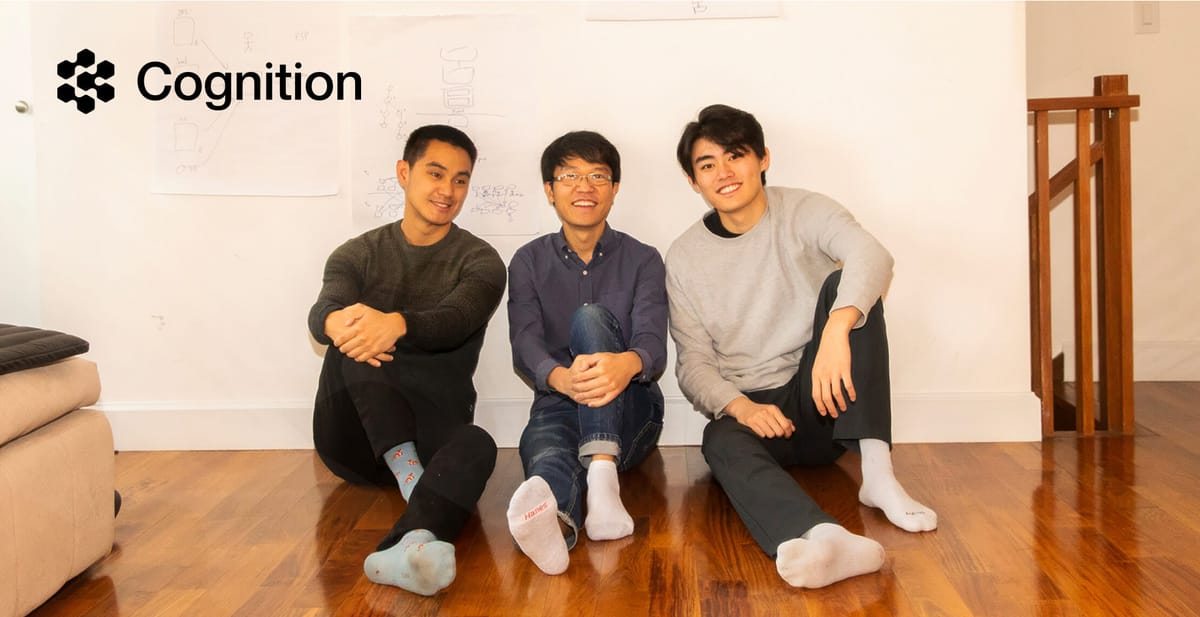
Just a month after announcing a $21 million Series A round, Cognition AI, a startup developing an AI-powered coding assistant called Devin, has raised another $175 million led by Founders Fund. The new investment values the six-month-old company at a staggering $2 billion, according to an investor who reviewed the deal terms.
Cognition AI's claim to fame is Devin, an AI-powered coding assistant that the company touts as the "first AI software engineer." Devin's capabilities include handling entire development projects independently, from learning new technologies to building and deploying apps, and even fixing bugs. It can also train AI models and contribute to mature production repositories.

The launch of Devin sparked both curiosity and skepticism. While some questioned the company's claims, Devin has demonstrated impressive results. On the SWE-Bench benchmark, which evaluates AI models on software engineering tasks, Devin achieved a notable 13.86% accuracy in resolving issues without assistance, outperforming the previous best model.
Cognition AI's rapid rise in valuation reflects the current investor frenzy surrounding AI startups, even those with little or no revenue. The company, founded in November 2023 by Scott Wu, Walden Yan, and Steven Hao, pivoted from its initial focus on crypto to AI as the technology began to take Silicon Valley by storm.
Cognition AI joins a growing list of startups and tech giants, including Microsoft's GitHub, Google, Amazon, Magic, Replit, and Codeium, in the race to develop AI-assisted coding tools. Despite the promise of these tools, concerns have been raised about the industry heading into another bubble, as many startups have yet to demonstrate how they will recoup the high costs associated with developing generative AI products.
As reported by The Wall Street Journal, Cognition AI had turned down offers at valuations closer to $1 billion before settling on the $2 billion valuation in the Founders Fund-led round. The startup's rapid rise in valuation, from $350 million to $2 billion in a matter of weeks, underscores the intense competition among investors to back promising AI companies, even at the risk of inflated valuations.


